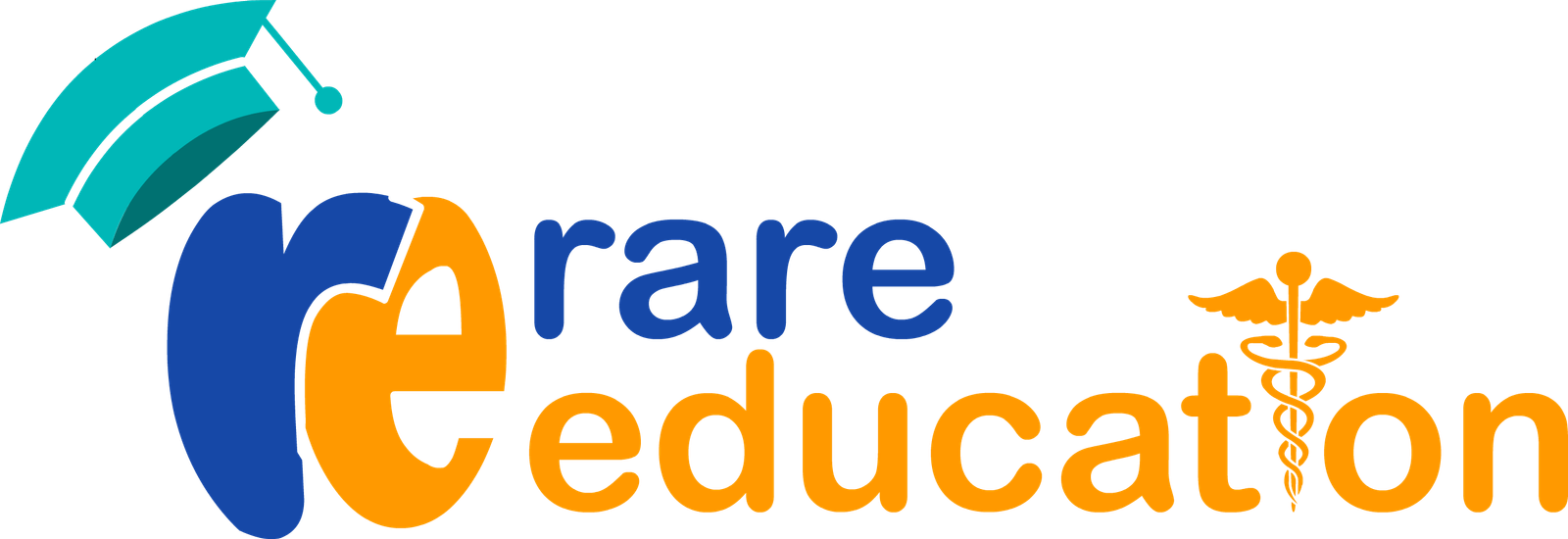- Medical Laboratory Technology
About Laboratory Course
The Bachelor of Science in Medical Laboratory Technology (BSc MLT) is a dynamic undergraduate program designed to prepare students for a career at the forefront of modern healthcare. Spanning three years and typically divided into six semesters, this course equips aspiring professionals with the essential knowledge and practical skills needed to thrive in medical laboratories.
During the BSc MLT program, students delve into a comprehensive curriculum that covers a wide range of healthcare aspects. They engage in hands-on training, performing diagnostic analyses on body fluids, which include but are not limited to hematology, bacteriology, immunology, chemical, and microscopic studies. The course aims to develop proficient laboratory technologists who can contribute significantly to the diagnosis and treatment processes within the medical field.
To embark on this educational journey, candidates must have completed their higher secondary education, preferably with a focus on science subjects such as Physics, Chemistry, Biology, and Mathematics. Admission to the BSc MLT course is often based on performance in entrance examinations, although some institutions may offer direct admission.
The role of medical laboratory technologists has never been more critical. In today’s era, where medical treatments heavily rely on accurate laboratory tests, BSc MLT graduates find themselves at the heart of the healthcare system. They are the unseen heroes who ensure that patients receive the best medical care, guided by precise laboratory data.
Upon completion of the program, graduates can look forward to a rewarding career with opportunities in public and private sector hospitals, blood banks, emergency centers, and various diagnostic laboratories. With experience and expertise, professionals in this field can expect to earn a competitive salary and may also pursue further specialization or research within the discipline.
Why Laboratory Course?
Choosing a Bachelor of Science in Medical Laboratory Technology (BSc MLT) offers several compelling advantages for those interested in a career in healthcare:
Accessible Pathway into Healthcare: The BSc MLT program provides a straightforward route into the healthcare industry, requiring less time compared to other medical professions.
Workplace Flexibility: Graduates enjoy the freedom to work in various settings, including hospitals, clinics, research labs, and more.
Behind-the-Scenes Impact: Ideal for those who prefer a less front-facing role, MLT professionals play a crucial part in patient care without being in the spotlight.
Growing Demand: With an expanding healthcare sector, MLT professionals are in high demand, ensuring job security and a stable career.
Diverse Career Opportunities: A BSc MLT degree opens doors to numerous specializations and advanced roles within the field.
Career Opportunities with Laboratory Courses
A BSc in MLT opens doors to a variety of work environments, each offering its own set of challenges and rewards:
- Hospitals and Clinics: Serve as the frontline in patient care, conducting critical tests that inform treatment decisions.
- Specialized Laboratories: Work in areas like blood banking, clinical chemistry, immunology, hematology, and microbiology, contributing to specialized medical research and diagnostics.
- Pharmaceutical Companies: Play a role in the development and testing of new medications, ensuring safety and efficacy.
- Pathology Labs: Engage in detailed tissue analysis and contribute to the accurate diagnosis of diseases.
- Education Sector: Share knowledge and inspire future generations by teaching as a lecturer or instructor in medical and health science institutions.
As the healthcare landscape evolves, so does the scope of MLT, offering an ever-increasing array of specialties and opportunities. Graduates can find themselves in roles such as Cytotechnologists, performing cellular analysis, or as experts in urinalysis and blood sampling, ensuring the integrity and accuracy of diagnostic procedures.
The career paths available to BSc MLT graduates are as diverse as they are rewarding, providing a stable foundation for a professionally viable and personally gratifying career.
Admission Process for BSc in Medical Laboratory Technology (MLT)
Embarking on a career in Medical Laboratory Technology begins with the admission process, which typically involves the following steps:
Eligibility Criteria: Candidates must have completed their 10+2 education with a minimum of 50-60% marks in the science stream, including subjects like Physics, Chemistry, Biology, and English.
Entrance Examinations: Many colleges require qualifying scores from national or state-level medical entrance exams, such as the National Eligibility Entrance Test (NEET). Some institutions may also conduct their own entrance tests.
Merit-Based Admission: In addition to entrance exams, some colleges consider the marks obtained in the qualifying examinations for merit-based admissions.
Application Process: Prospective students should complete the application form, which may be available online or offline, depending on the college’s procedures.
Interviews and Group Discussions: Certain universities may also include interviews or group discussions as part of their selection process.
Final Selection: The final selection is based on a combination of entrance exam scores, academic performance, and any additional assessments conducted by the institution.
Once admitted, students can look forward to an engaging curriculum that blends theoretical knowledge with practical laboratory skills, setting the stage for a successful career in healthcare.
Jobs and Salary after BMLT
Top Colleges for Bsc MLT
BMLT Syllabus:
The BSc in Medical Laboratory Technology is typically a three-year undergraduate program divided into six semesters. The syllabus is designed to provide comprehensive knowledge and practical skills in various aspects of laboratory technology. Below is a general outline of the subjects covered in the syllabus:
First Year:
Human Anatomy: Study of the structure of the human body.
Physiology: Understanding the functions of organs and systems.
Biochemistry: Chemical processes within and related to living organisms.
Pathology: Study of diseases, their causes, and effects.
Microbiology: Study of microorganisms and their interactions with humans.
Basics of Diagnostic Radiology: Introduction to imaging techniques used in diagnosis.
Second Year:
Clinical Endocrinology & Toxicology Lab: Study of hormone-related diseases and the effects of toxins.
Diagnostic Molecular Biology Lab: Techniques for analyzing biological markers in the genome and proteome.
Immunology: Study of the immune system and its disorders.
Clinical Haematology: Study of blood, blood-forming organs, and blood diseases.
Blood Banking & Immune Haematology: Management of blood supply and blood transfusion services.
Third Year:
Histopathology & Cytology: Study of disease in tissues and cells.
Advanced Diagnostic Techniques: Emerging technologies in disease diagnosis.
Laboratory Management: Principles of managing a clinical laboratory.
Internship: Practical training in a real-world laboratory setting.
Please note that the specific subjects and their order may vary depending on the institution. It’s important to refer to the curriculum provided by the college or university where you plan to enroll for the most accurate and detailed syllabus.
FAQ
MBBS abroad is a better options then private medical in India, especially in terms of cost, private medical in India costs a fortune more then that of many countries abroad.
Expertise: Rare Education have years of experience and in-depth knowledge about the admission process, eligibility criteria, fees, and other requirements for pursuing MBBS abroad. We can guide you through the entire process and help you avoid common mistakes and pitfalls.
Time-saving: The admission process for MBBS abroad can be complex and time-consuming. Working with Rare Education can help save a significant amount of time as we can handle all the paperwork and follow-up for you.
Access to information: Rare Education have access to a wide range of information about various medical schools, their fees, and programs. We can help you compare and choose the best options based on your needs and budget.
Professional guidance: Rare Education can provide professional guidance on the best country and medical school to choose based on your academic background, personal interests, and career goals. We can also help you with the visa process, travel arrangements, and settling into your new surroundings.
Support throughout the Process: Rare Education provide ongoing support throughout the entire admission process and beyond. We can answer any questions you have, provide updates on your application status, and help resolve any issues that may arise.
Working with Rare Education for MBBS abroad admission can provide numerous benefits, including expertise, time-saving, access to information, professional guidance, and support throughout the process.
Comparing FMG exam with NEET, we can safely say it is not at all a tough exam. Although there are no specific matrix to judge how tough an exam is, but considering the passing ratio of FMG exam which is roughly 20-25% to that of the percentage of candidates who get selected for government medical college through NEET which is roughly 0.02%, FMG exam is definitely a tough exam in the field of medical studies.

